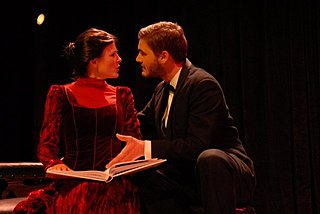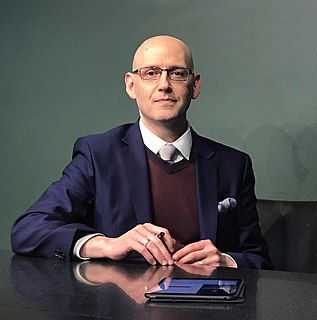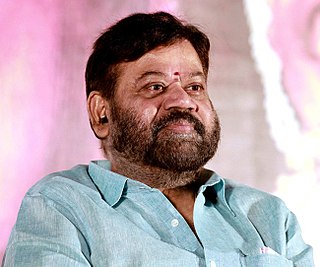A Quote by Trevor Noah
When I wrote the book, I thought that I was the hero of my story. And in writing it, I came to realize over time that my mom was the hero. And I was, you know - I was just her punk-ass sidekick.
Related Quotes
Here's the point - and Jonah Goldberg reminds us of this. He wrote a blog post that was titled "The MacGuffinization of American Politics." Do you know what a MacGuffin is? "'In a movie or book, 'The MacGuffin' is the thing the hero wants,' Ace writes." So in the Maltese Falcon, for example, the hero wants the Maltese Falcon, but there's always somebody trying to stop the hero from getting what he wants.
I was asked in an interview once: You're writing another book with a female lead? Aren't you afraid you're going to be pigeonholed? And I thought, I write a team superhero book, an uplifting solo hero book, I write a horror-western, and I write a ghost story. What am I gonna be pigeonholed as? Has a man in the history of men ever been asked if he was going to be pigeonholed because he wrote two consecutive books with male leads?
I don't really distinguish between a fictional hero and a real life hero as a basis for any comparison. To me, a hero is a hero. I like making pictures about people who have a personal mission in life or at least in the life of a story who start out with certain low expectations and then over achieve our highest expectations for them. That's the kind of character arc I love dabbling in as a director, as a filmmaker.
Heroine: Girl in a book who is saved from drowning by a hero and marries him next week, but if it was to be over again ten years later it is likely she would rather have a life-belt and he would rather have her have it. Hero: Person in a book who does things which he can't and girl marries him for it.
The love story between the hero and the heroine has to be at the center of the book. I think that's pretty true in my books. I usually write a secondary love story, with maybe nontraditional characters. Sometimes I write older characters. I'm interested in female friendships, and family relationships. So I don't write the traditional romance, where you just have the hero and the heroine's love story. I like intertwining relationships.
Part of what we want to do with the Heroic Imagination Project is to get kids to think about what it means to be a hero. The most basic concept of a hero is socially constructed: It differs from culture to culture and changes over time. Think of Christopher Columbus. Until recently, he was a hero. Now he's a genocidal murderer! If he were alive today, he'd say, "What happened? I used to be a hero, and now people are throwing tomatoes at me!

































